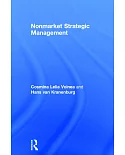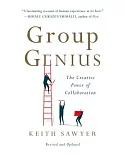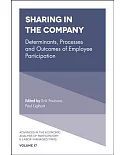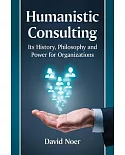The four worlds as we know them today, the North, West, South and East are out of balance. The West and the North generally dominate on a global scale while the South and the East lag behind.
This also happens at individual, societal and organizational levels. It is clear that there is a need to change the way we lead our organizations in business and the way we think about leading
in politics. Here is a comprehensive exploration of the integral leadership challenges of the twenty first century. The author combines the African philosophy of Ubuntu or Humanness, the
cornerstone to African thought and life, with the concept of Integral Leadership, with particular reference to Lessem and Schieffer’s (2010) systemic whole comprising of Nature and Community,
Culture and Spirituality, Science and Technology and Politics and Economies. This connectedness in the new paradigm of wholeness and relatedness goes beyond relationships of human beings alone
but involves experiences with nature and community and other human systems Leadership is viewed from an indigenous and exogenous perspective, bringing together a newly integral approach, which
will also introduce industry ecology and knowledge ecology as an evolution of the Ubuntu philosophy. The author offers a unique forum to commit to paper the operationalization of the Integral
Ubuntu Leadership model in catalyzing development efforts and in Care-ing for communities and societies.





















